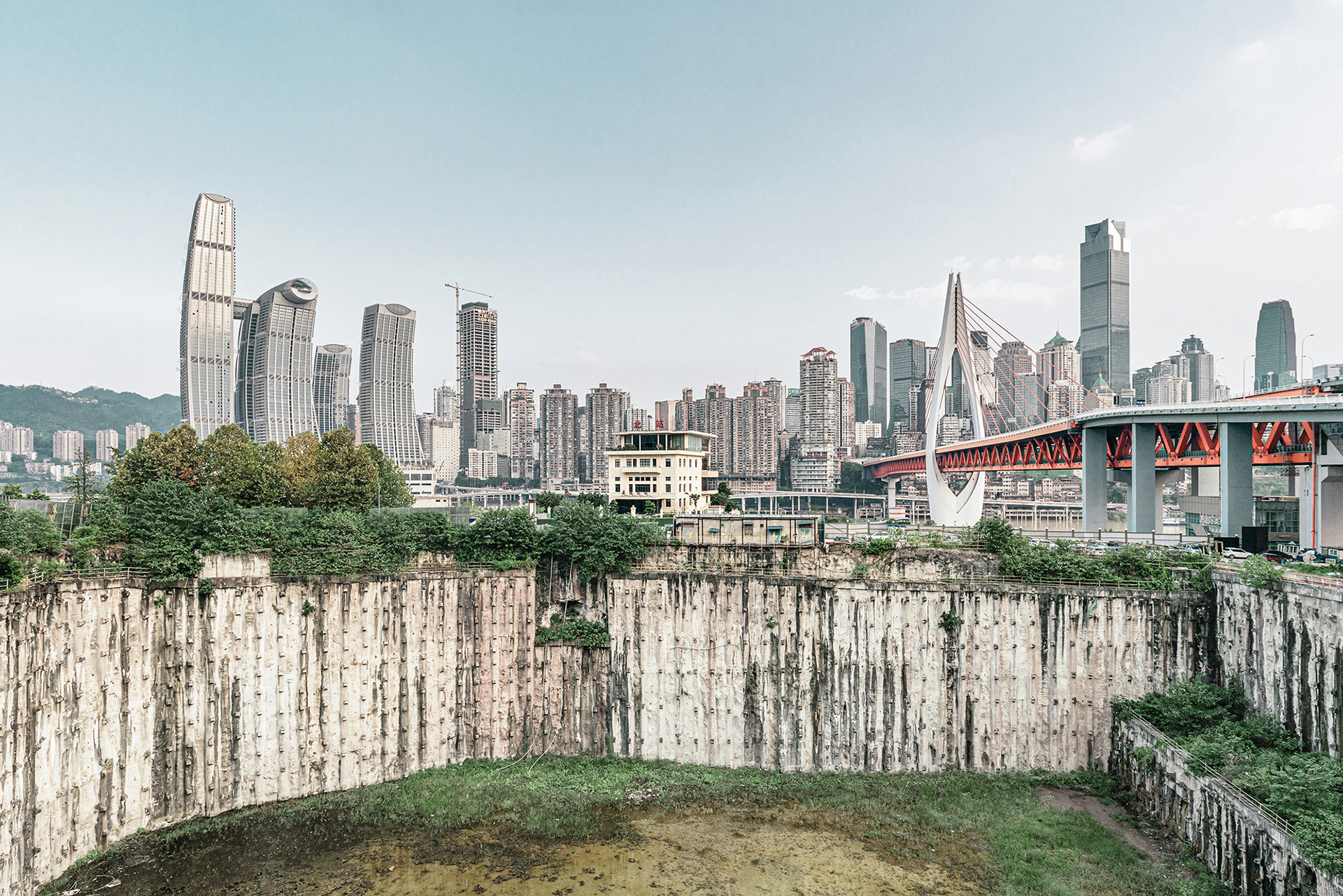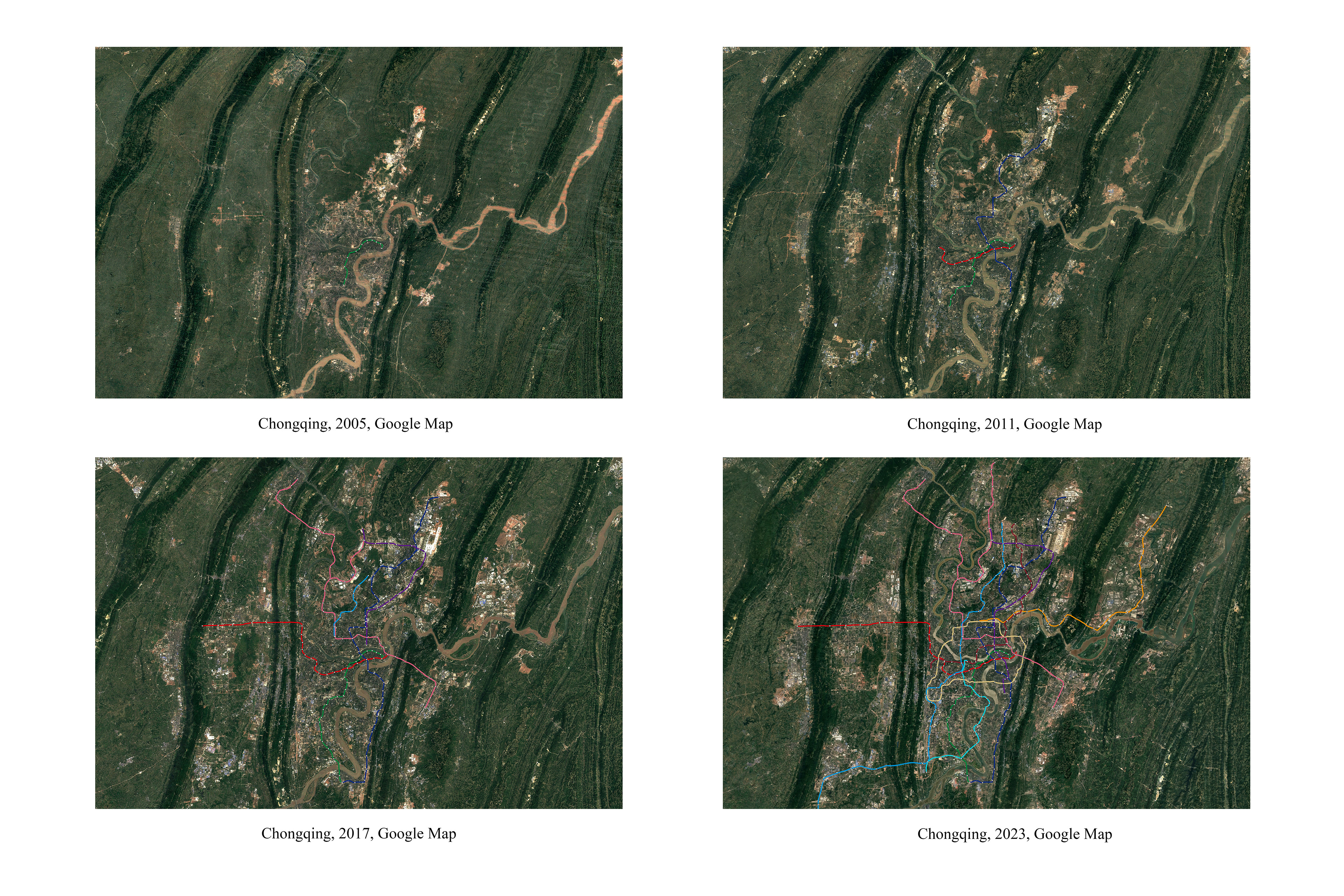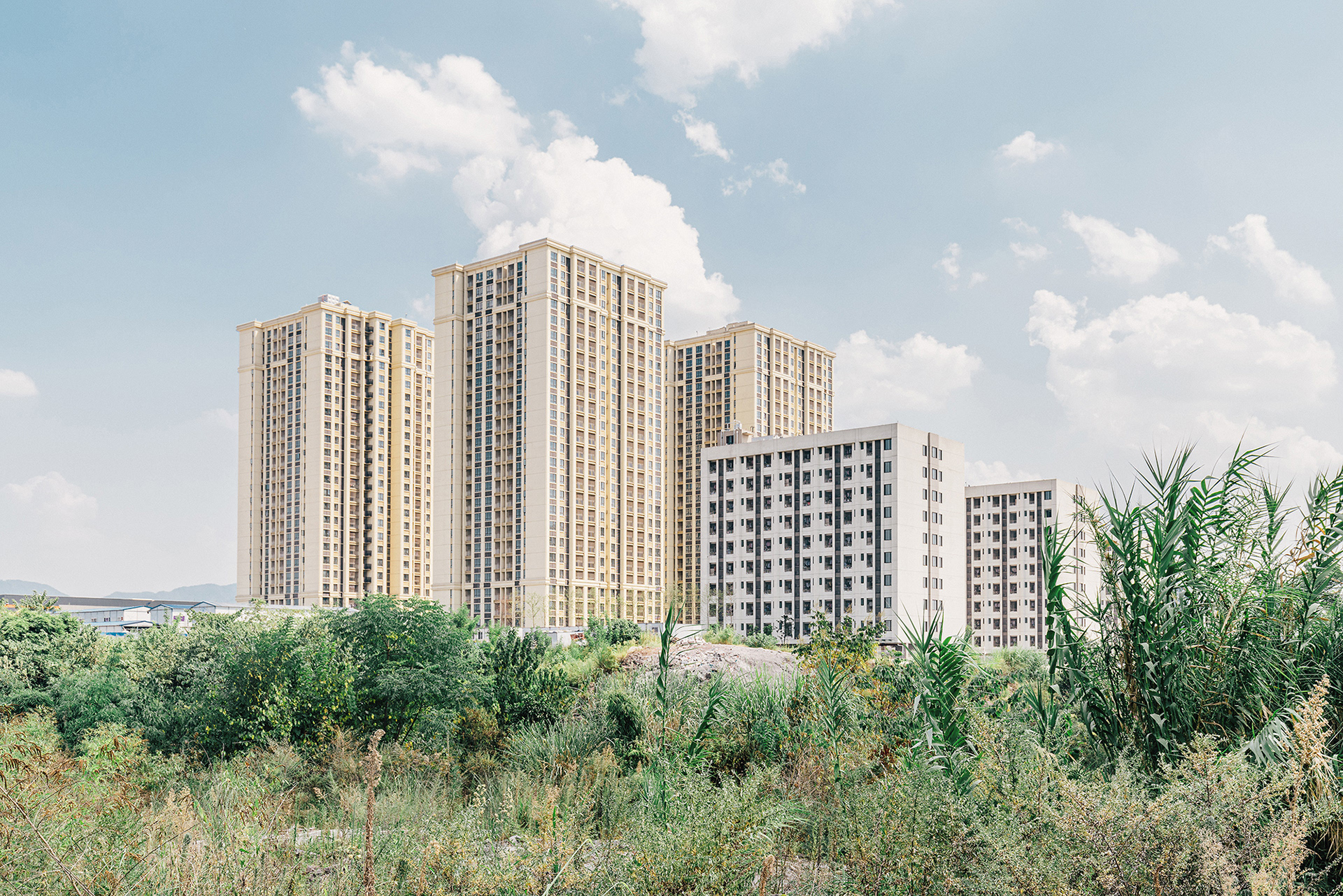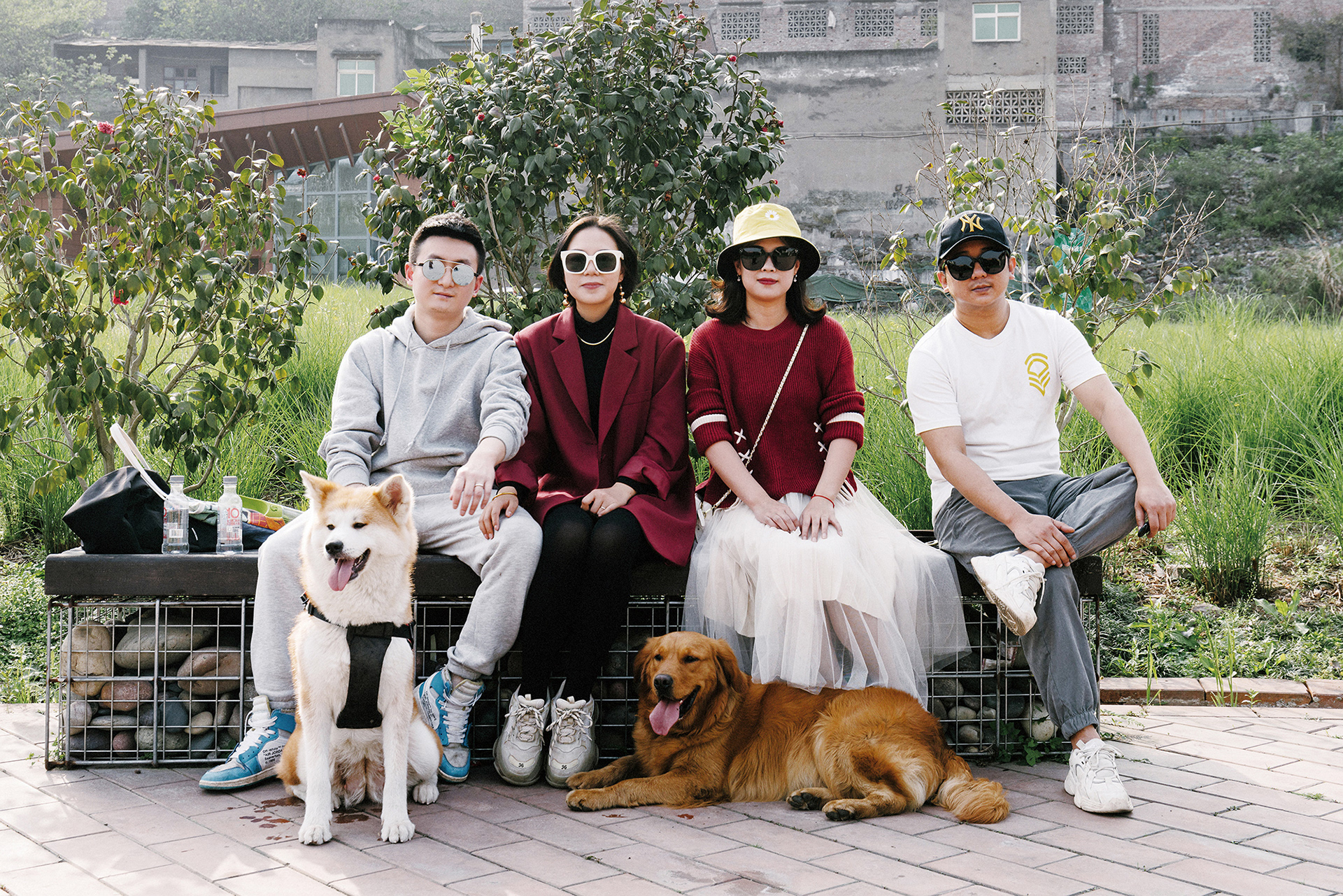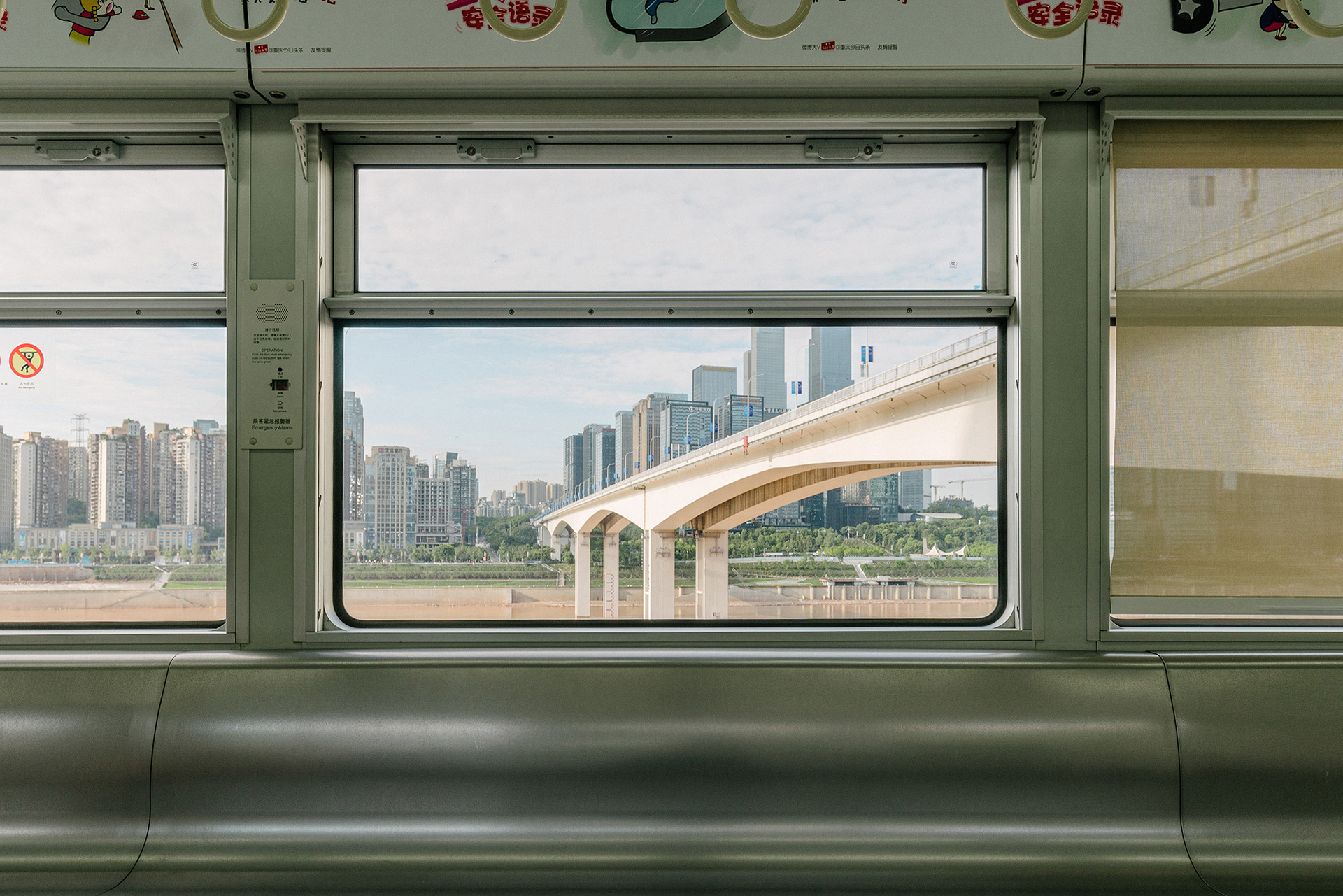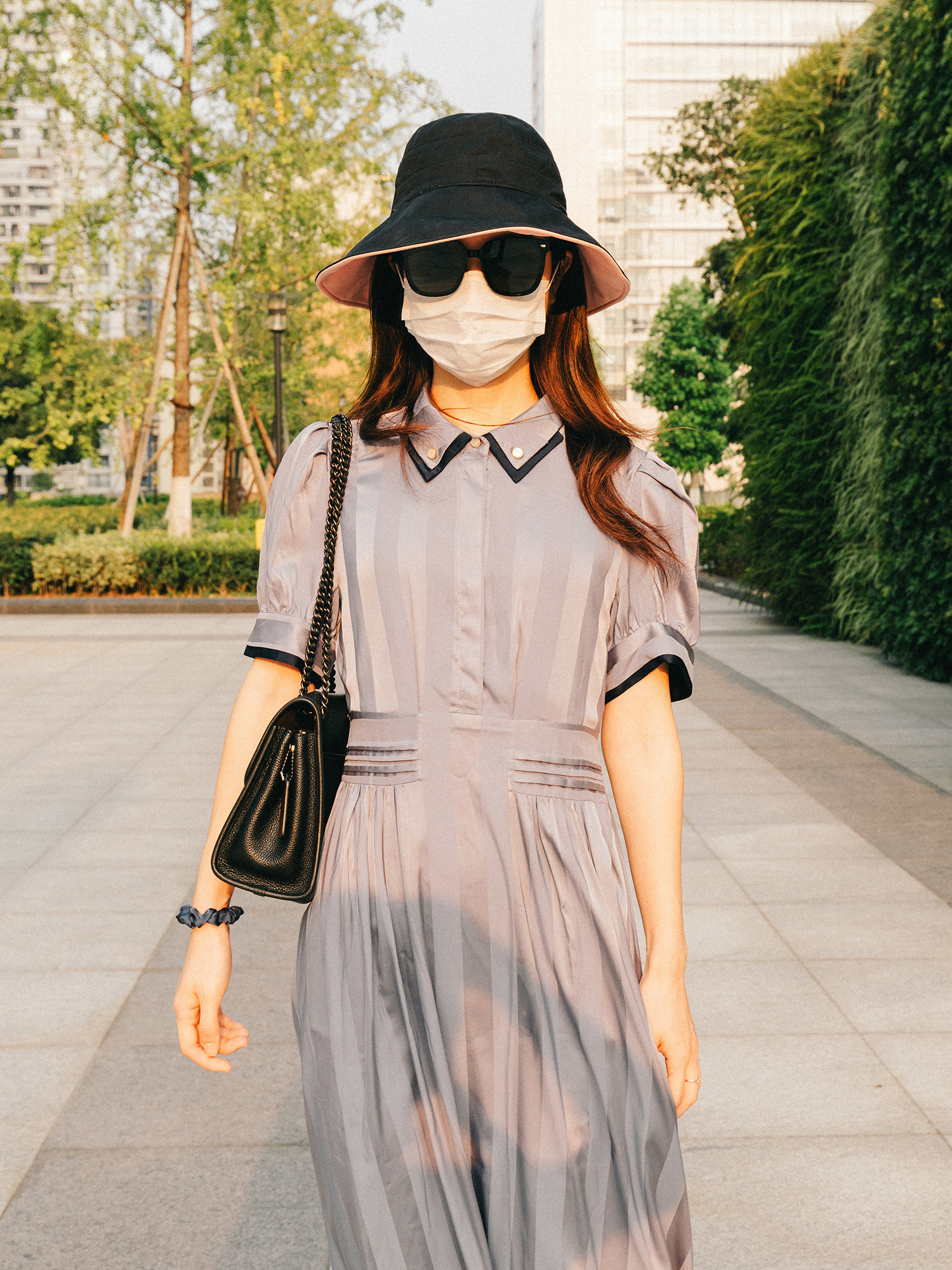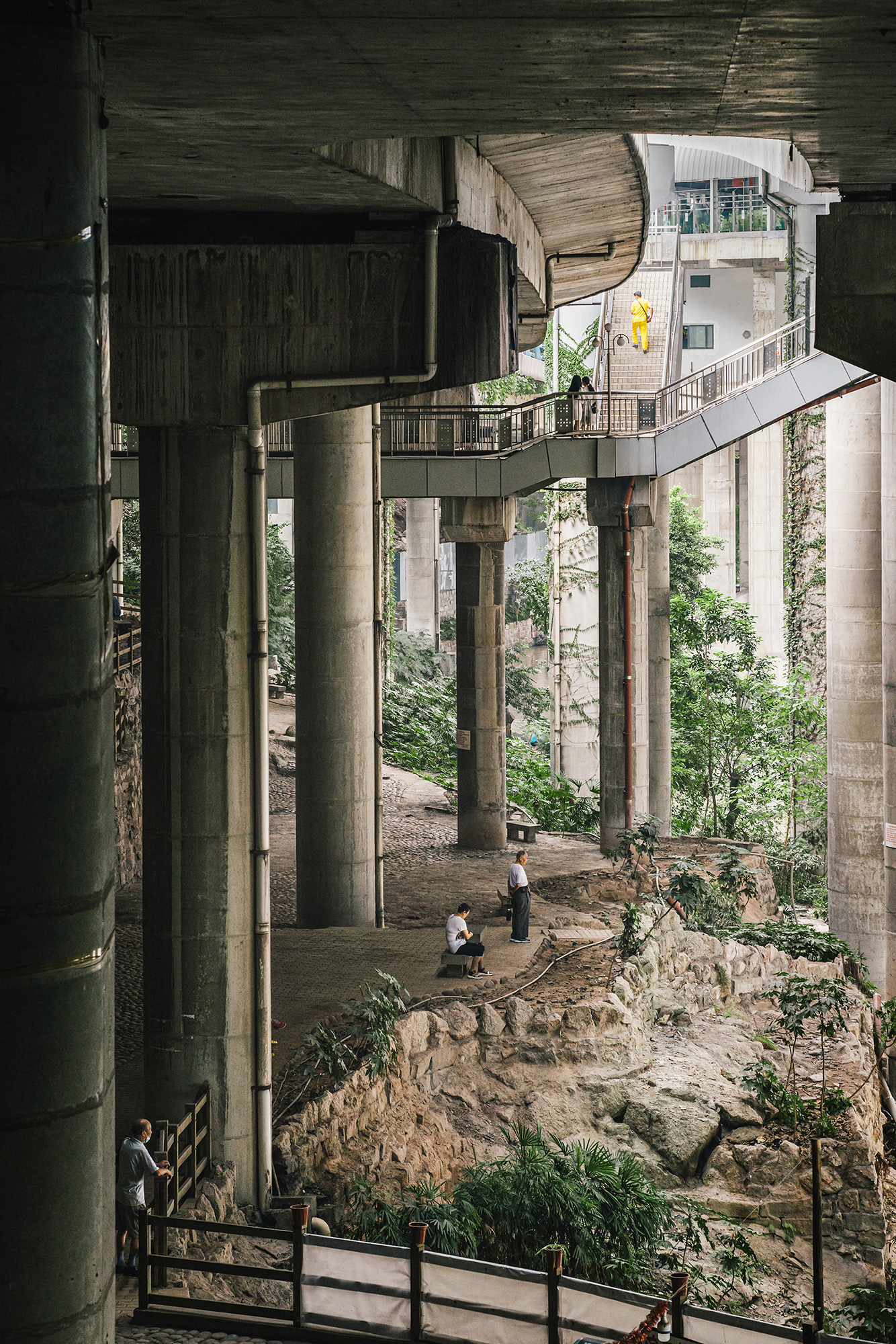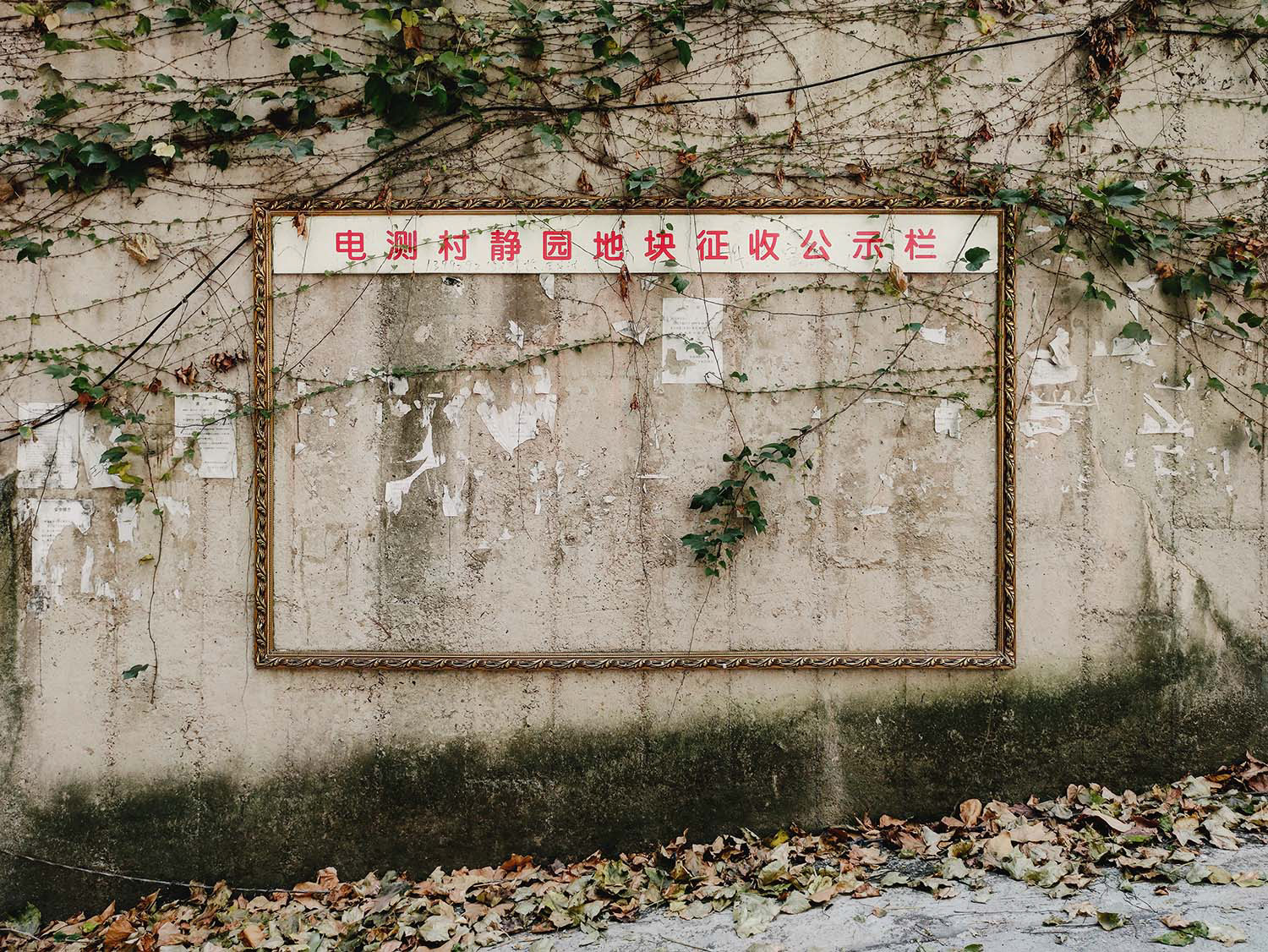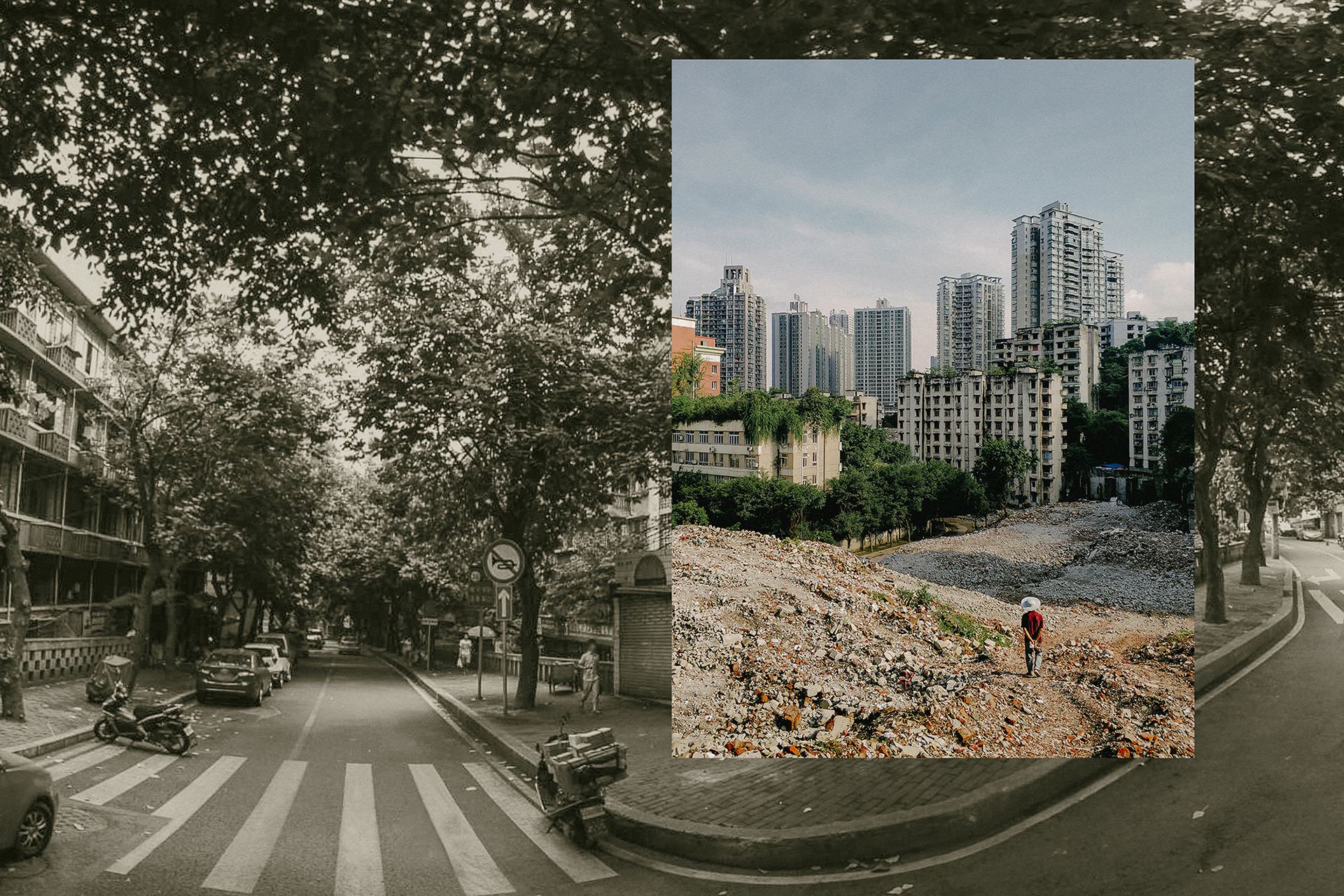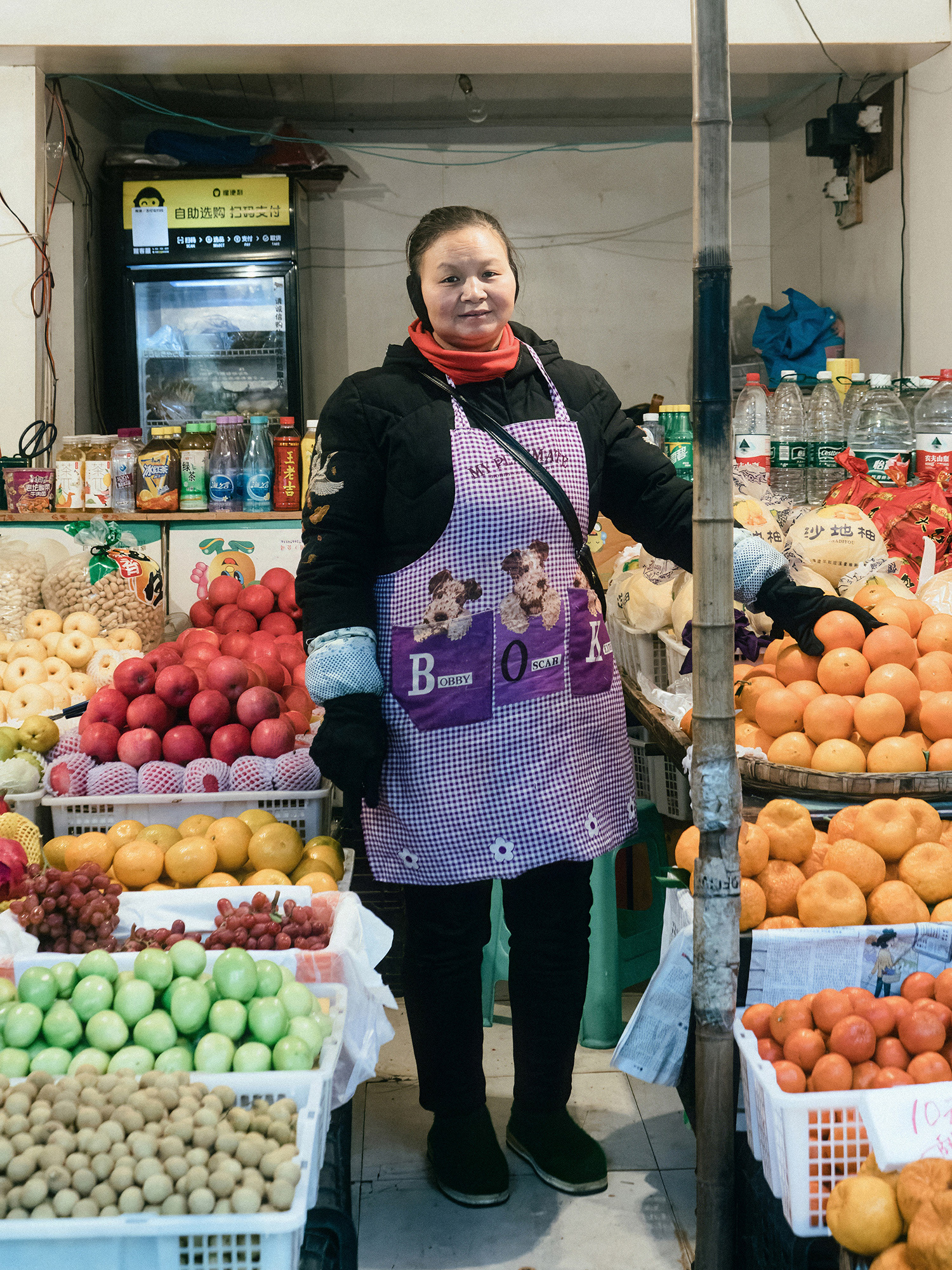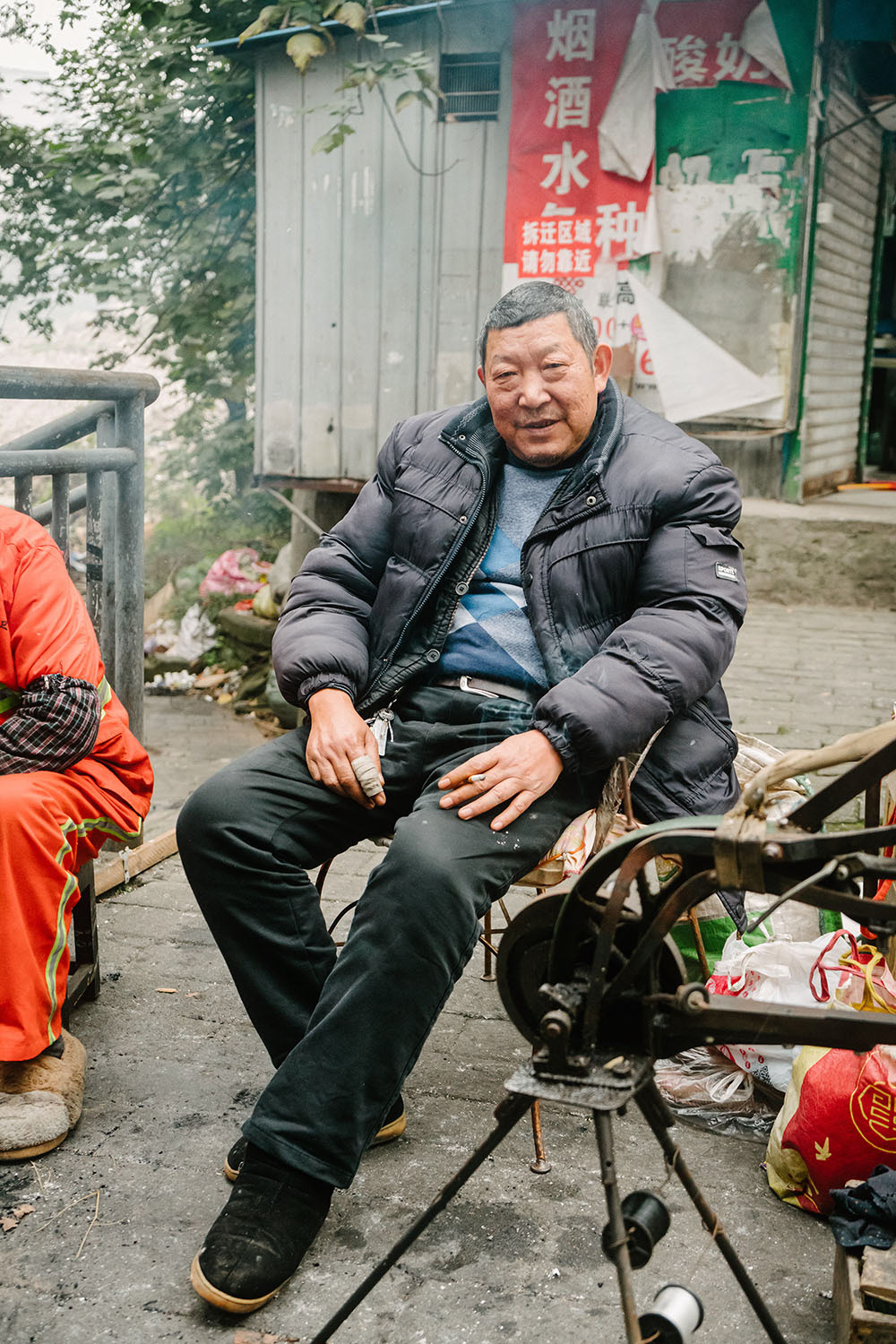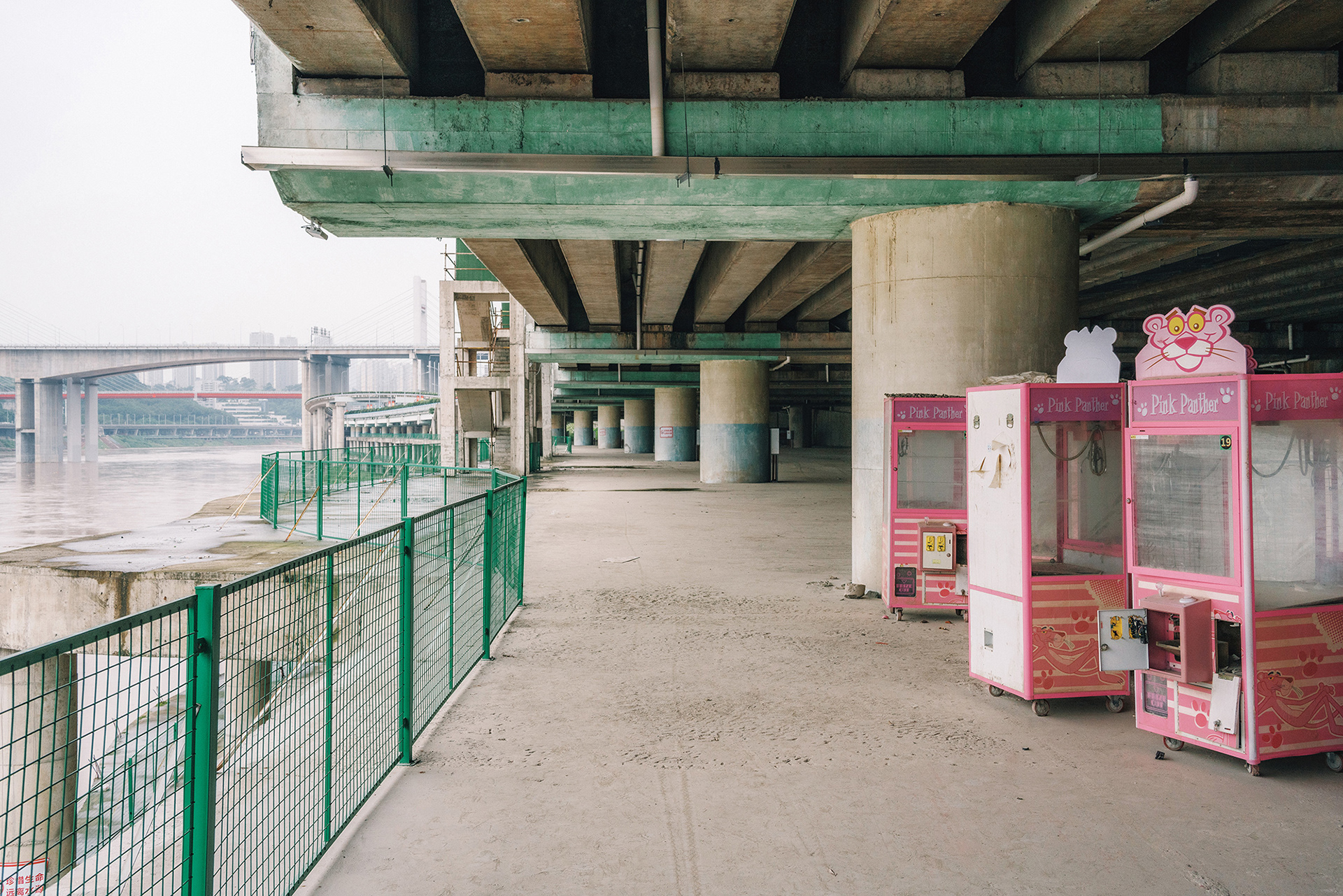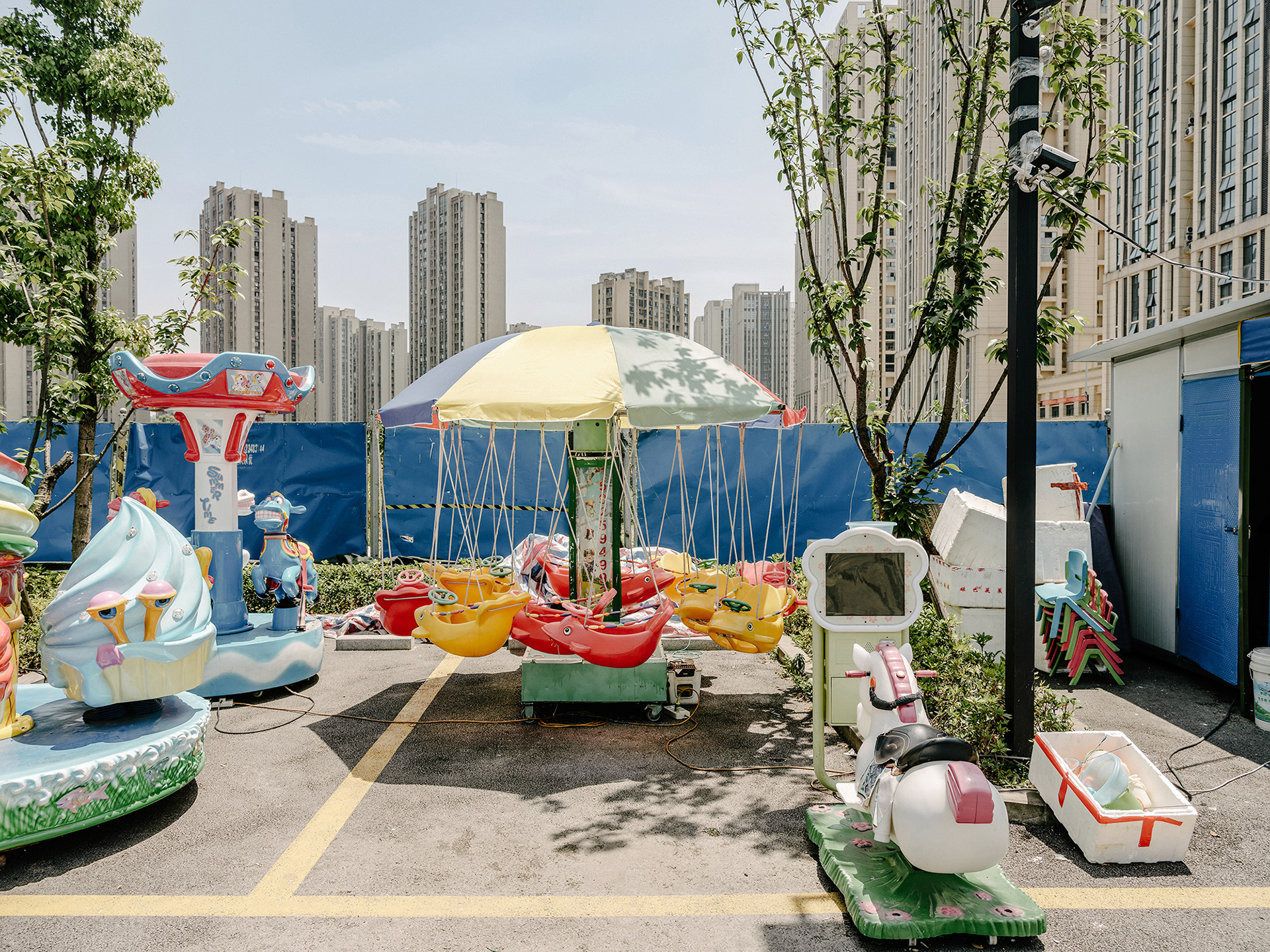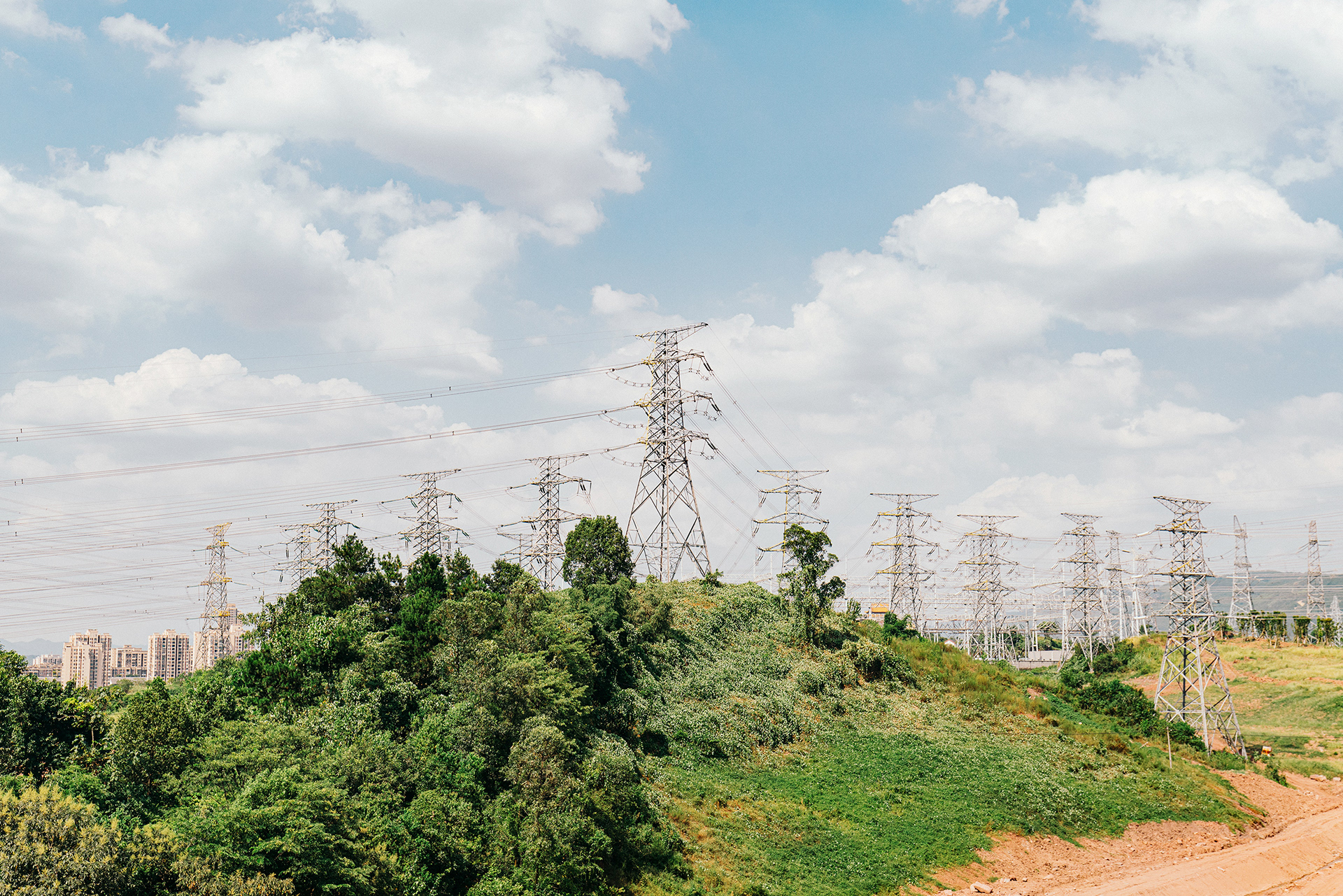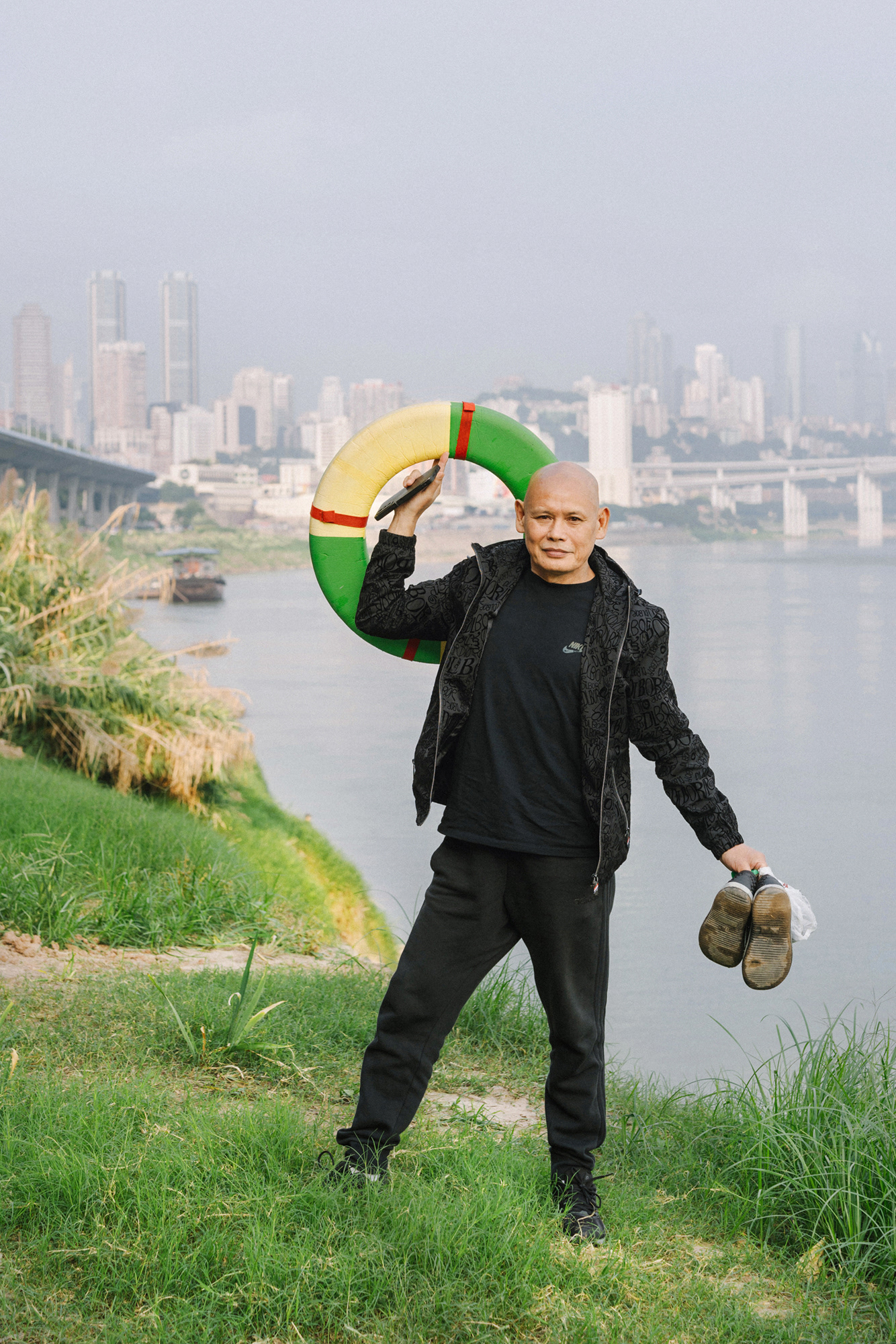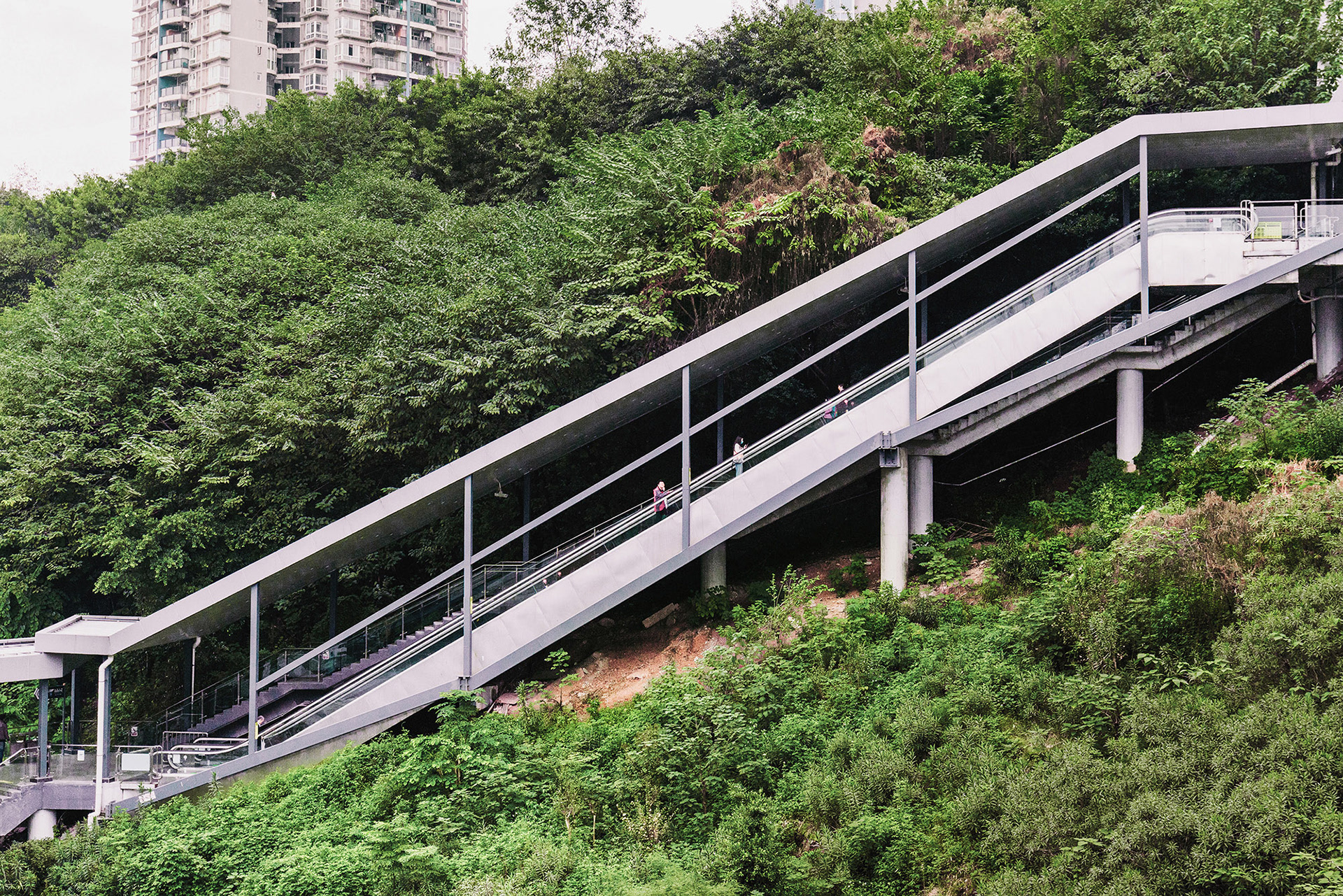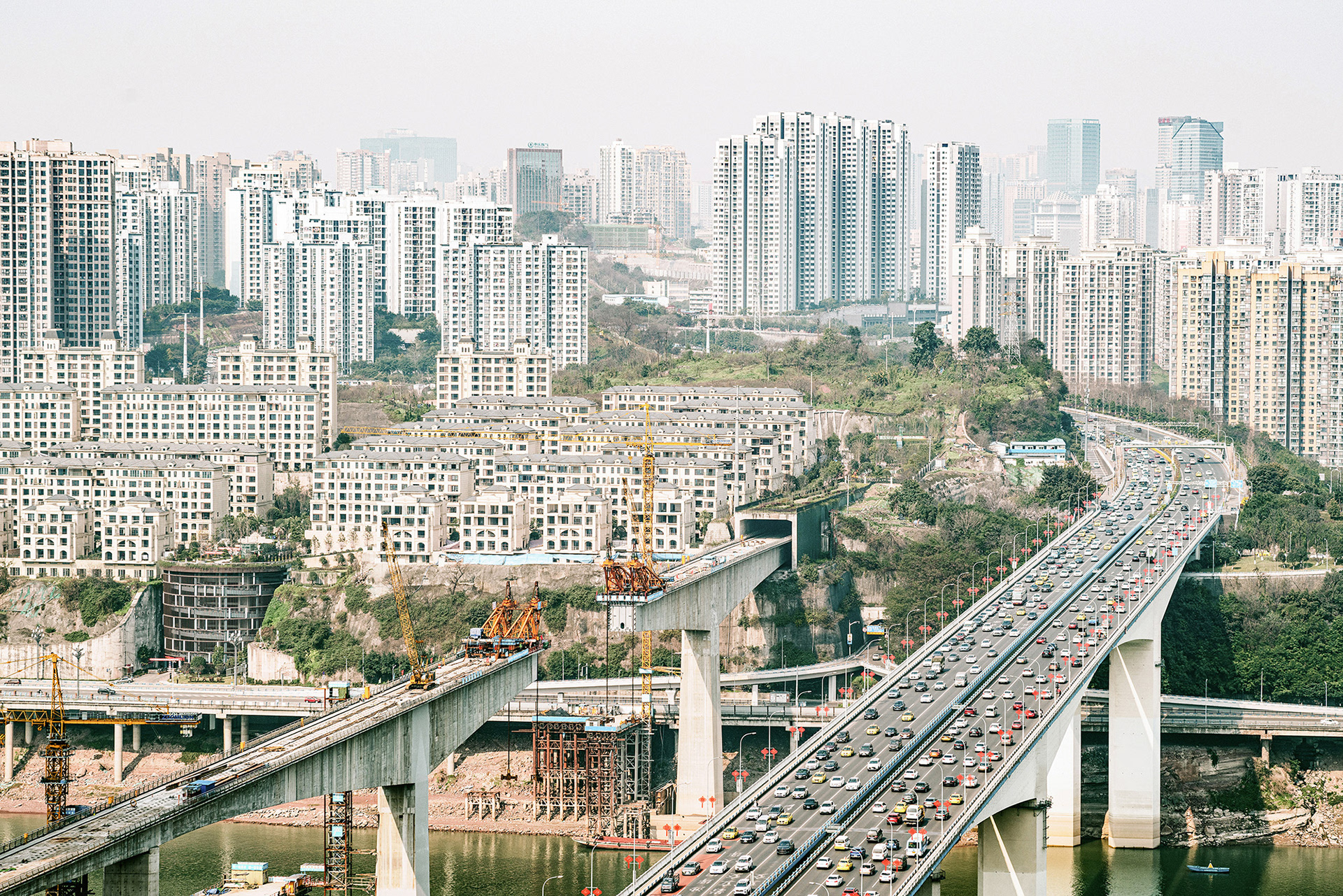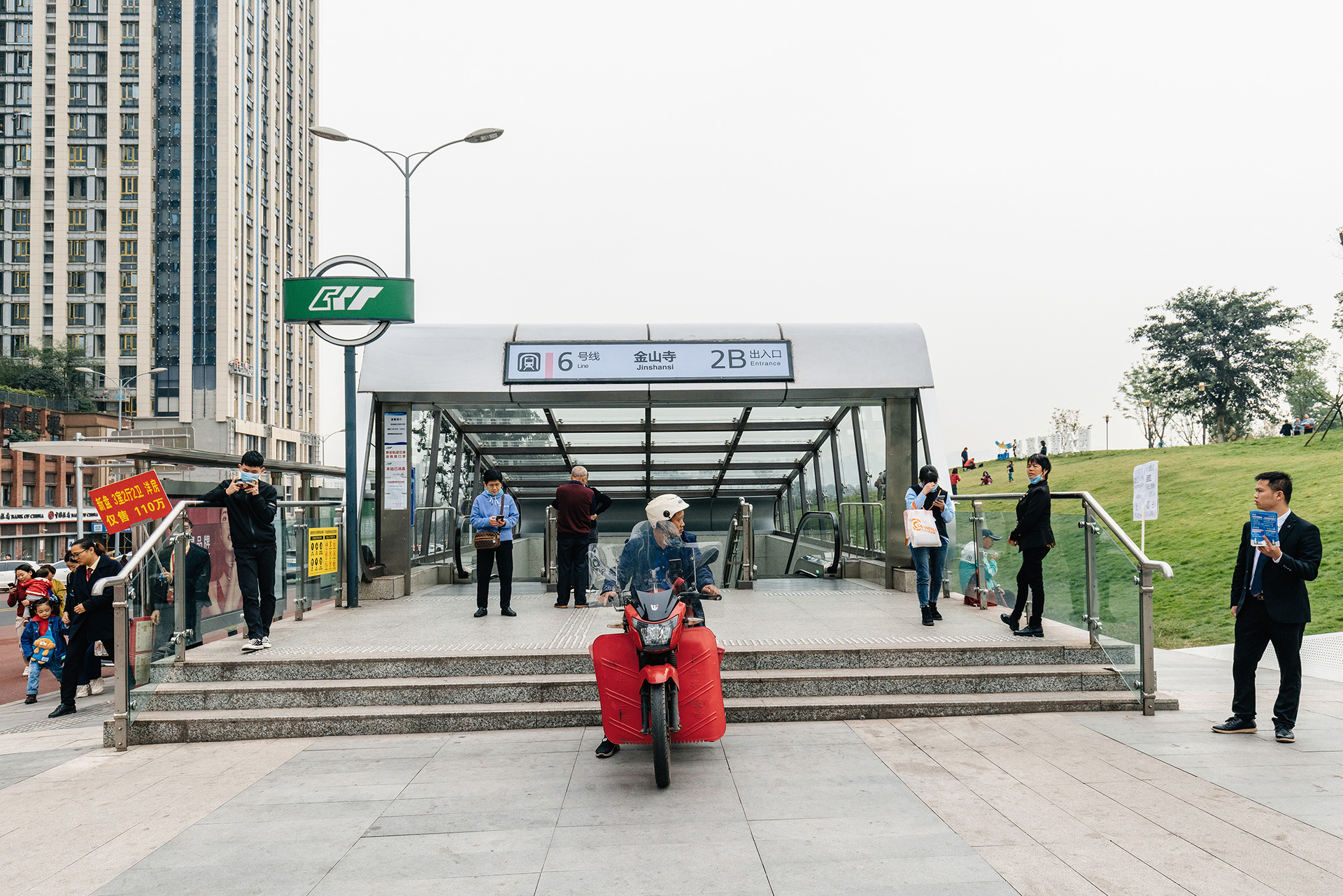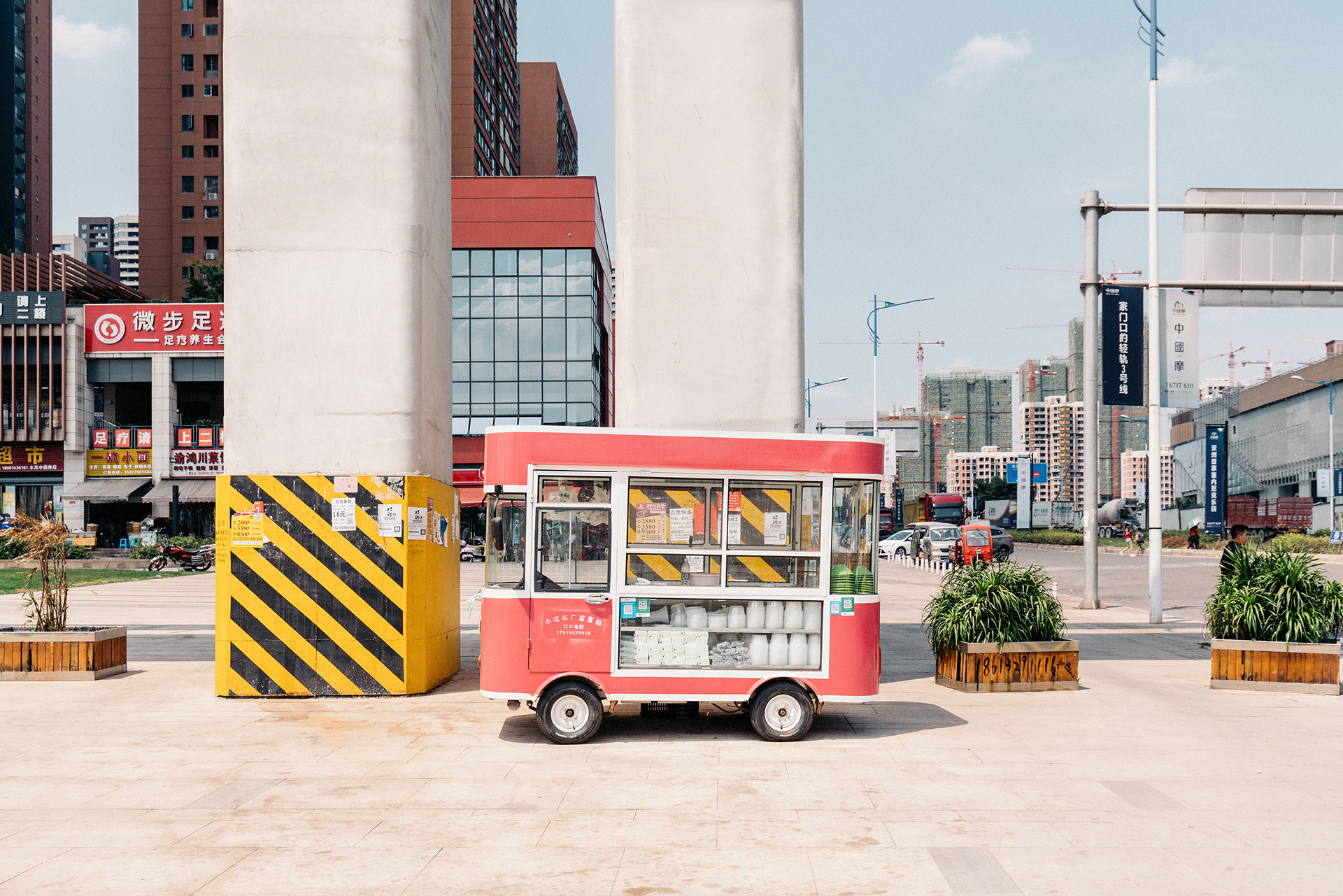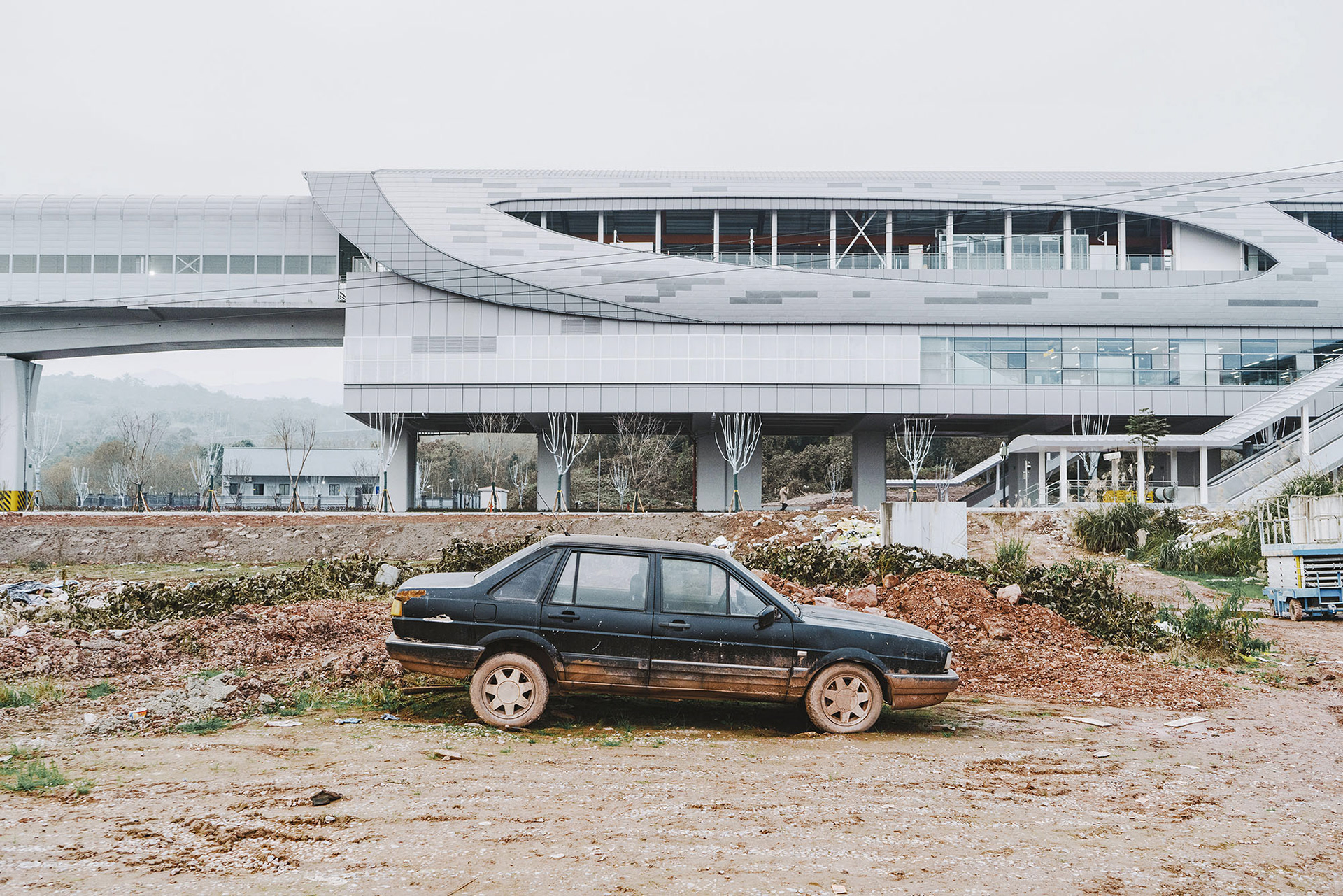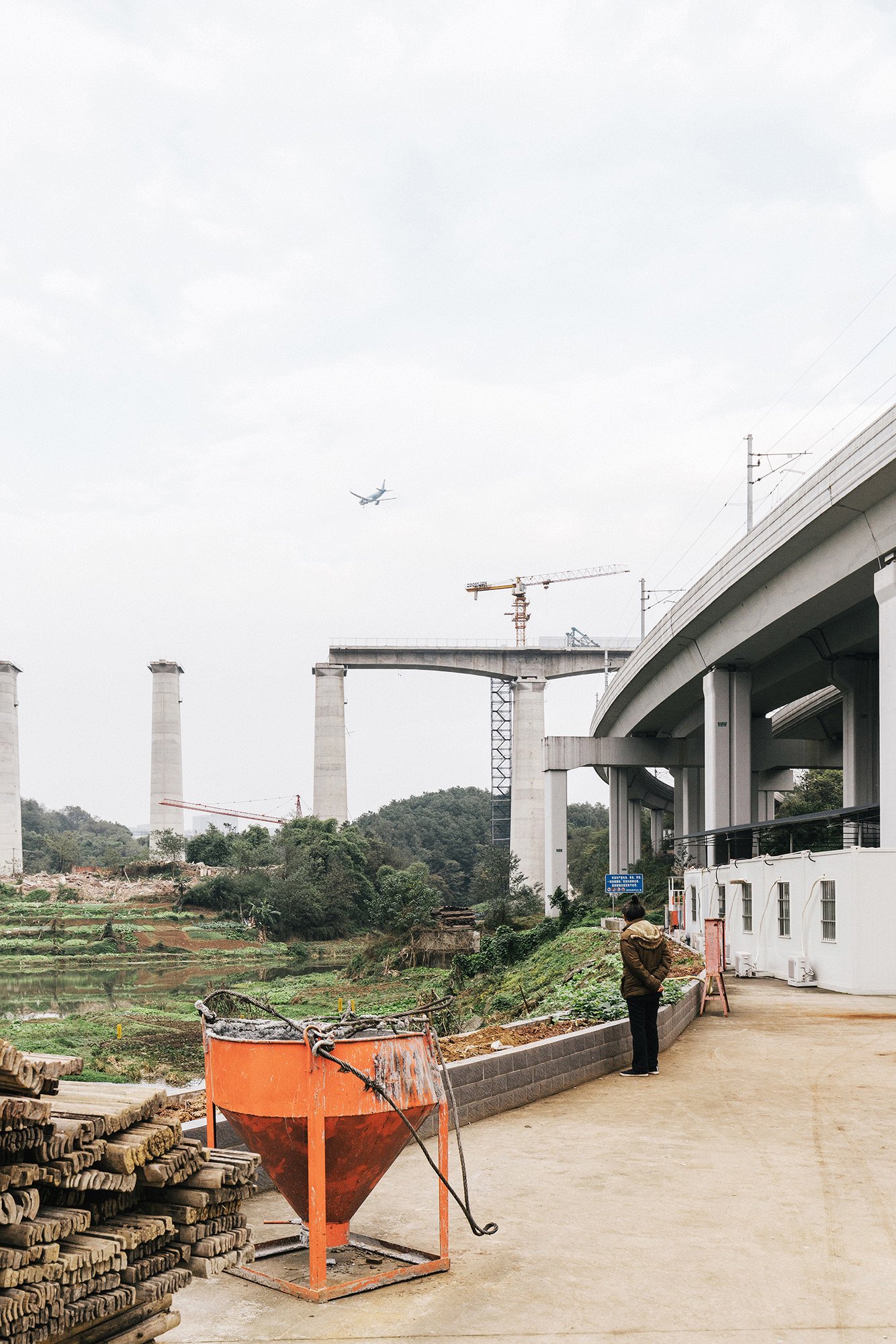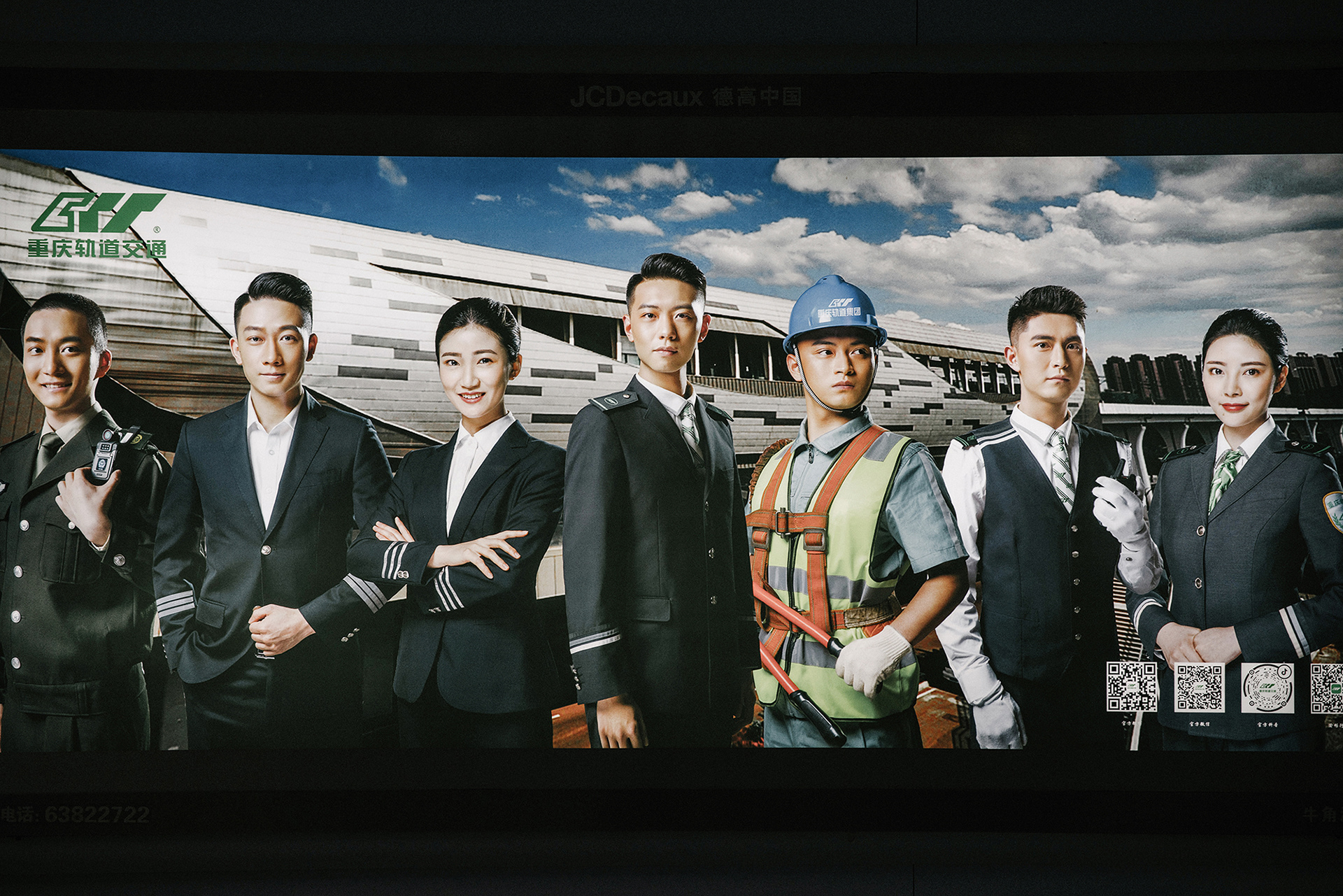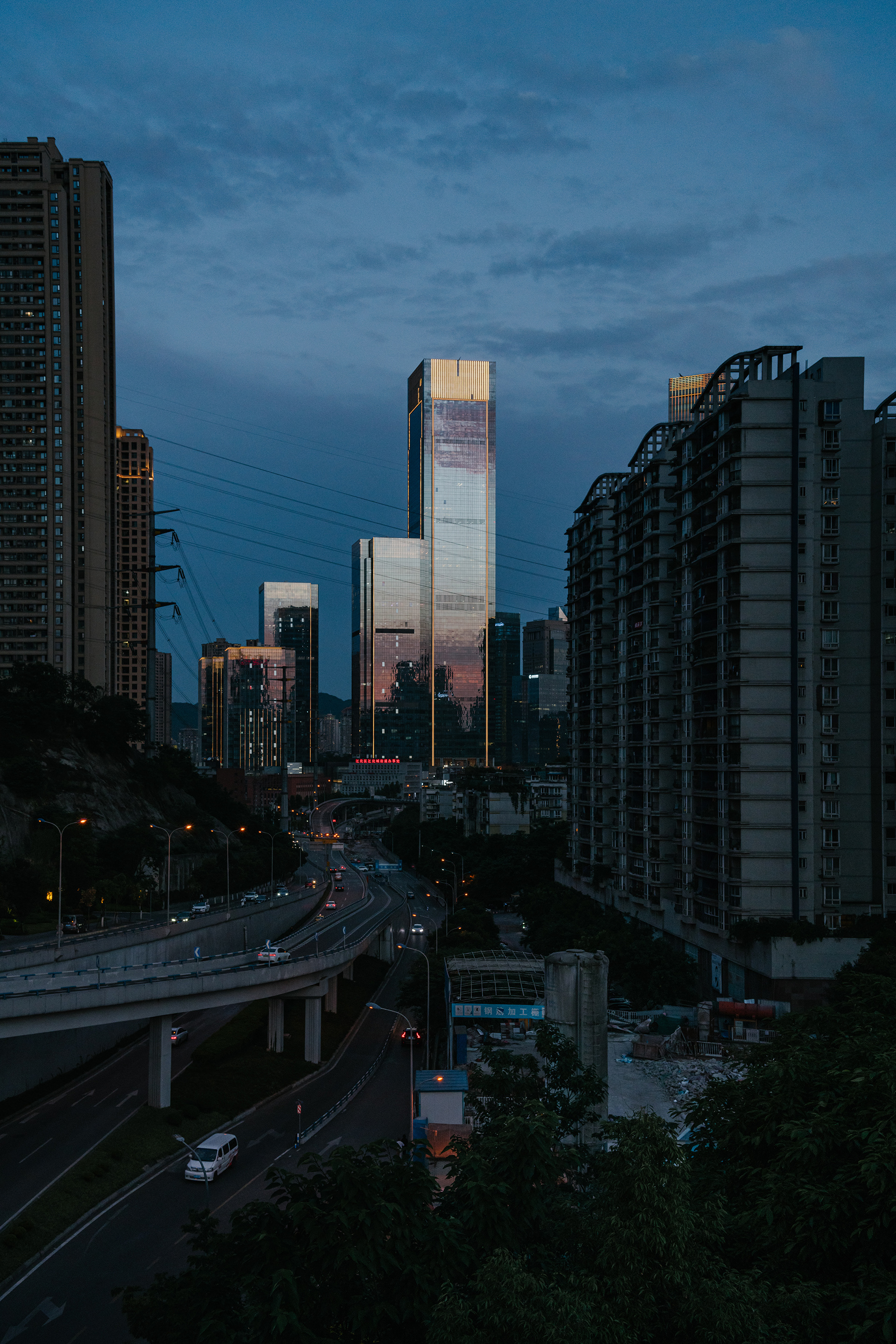A traditional neighbourhood is demolished to make way for bustling shopping districts. People are digging tunnels and building bridges to build railways, leaving behind the mountains and rivers that once defined the city's character. Citizens cope with the extremes of summer in the city known as the furnace of China. It is a city of tradition, but it is also a city looking to the future. In choosing to develop, human beings leave something behind and gain something new. People believe in moving towards a better future at the moment of choice.
By capturing these moments of transition and transformation, I aim to highlight the complexities of urban development and the challenges that societies face when balancing progress with environmental preservation. This is not a lament for the past, but an objective examination of a high-density mutation. It questions how human biology and social strata reconfigure themselves within a space that is in a perpetual state of violent renewal.
我曾经在重庆的老社区中经历过从熙熙攘攘到一片瓦砾,想象它未来成为商圈的样子;我曾经享受过轨道交通发展带来的红利,看着它们穿山跨江、横贯东西、牵引南北,重新定义与塑造这座山水之城,成为新的发展纽带;我也曾经在这座有火炉之称的城市里与炎炎夏日作伴。
这是一座既保留了传统又面向未来的城市。在选择发展的过程中,人们可能会将一些过往留在原地,去拥抱新的生活。不管怎样,至少在做出选择的那一刻,人们相信会迎来更加美好的未来。
通过捕捉与整理这些不断迭代的城市碎片与档案,我希望去探讨人、城市与环境之间的复杂关系与面对的挑战,思考我们在塑造城市与环境中的角色,以及我们在展望未来时所作出的选择。
